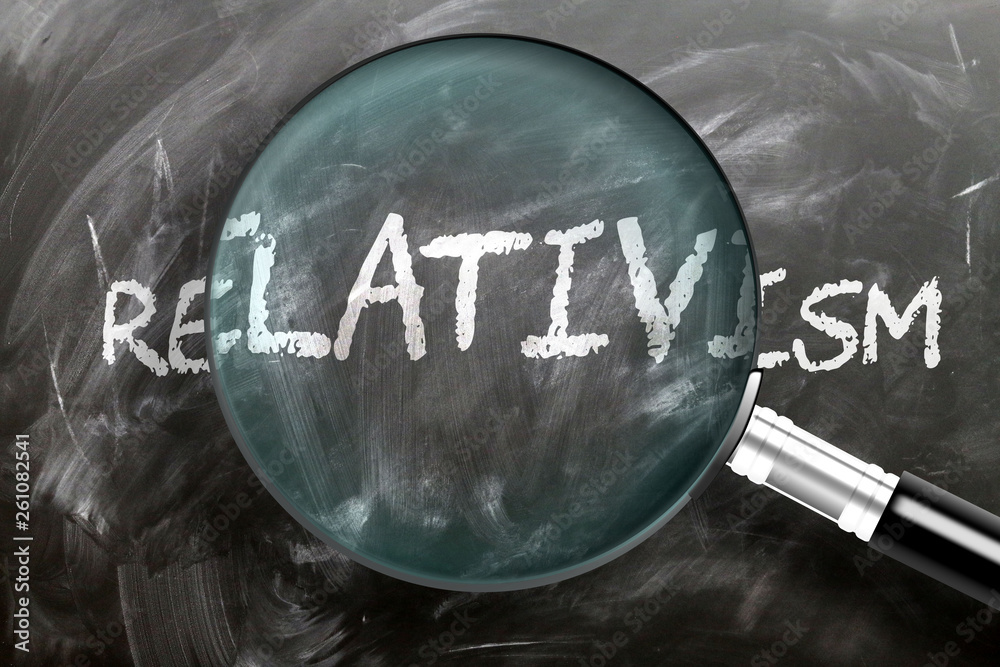If you like reading about philosophy, here’s a free, weekly newsletter with articles just like this one: Send it to me!
Is Data Science Evil?
Computers have a long history of being associated with evilness. Machine minds without emotions suggest cruelty, unfeeling judgement, unflinching execution of inhuman orders. It’s no accident that we talk of the Nazi war machine, their death machine, their killing machine, none of which were, in the common sense of the word, machines. The 70s saw the rise of computers in the public consciousness, and, in the same move, the growing horror of what computers might do. Movies like Demon Seed pitted innocent maidens against sadistic AI machines. And although Star Wars did have androids on both sides of the black/white divide, the most impressive figure in the whole franchise is the black-clad cyborg, Darth Vader.
The evils of data science and AI
We’ve come a long way since the 70s, and computers today don’t rape or mutilate people wearing black face masks. (Although, with the virus, we’ve all become a little more Darth-Vader-like). Instead, they enable the transition to a cashless economy, from which the poorest in society will be excluded (one cannot drop a credit card into a beggar’s hat, and neither would anyone like to have their card swiped by a card reader on the street). AI systems assist judges in estimating the risk posed to society by particular offenders and decide on sentences or bail based on algorithms that are kept hidden from view.
Photo by Bill Oxford on Unsplash
AI is at the forefront of environmental destruction, not only through the use of vast amounts of energy and carbon emissions for training computationally intensive models, but also by supporting research that will open up the Arctic to commercial exploitation, by enabling fossil-fuel companies to find new sources of oil, and by being one of the industries with the shortest time-to-obsolescence of its products. AI algorithms allow us to create new, terrifying weapons, come up with new types of terrorism, manipulate democratic processes, and endanger jobs on a global scale.

Who Needs Cash Anyway?
A cashless society seems convenient, but it has severe drawbacks, especially for the least privileged in society.
Via the cultural imperialism of the US and its ubiquitous language, “US English (international)” (as my keyboard settings call it), AI-supported toys for children, based on Disney characters, have replaced traditional cultural content in many societies.
Google translate …
Read the full article which is published on Daily Philosophy (external link)








